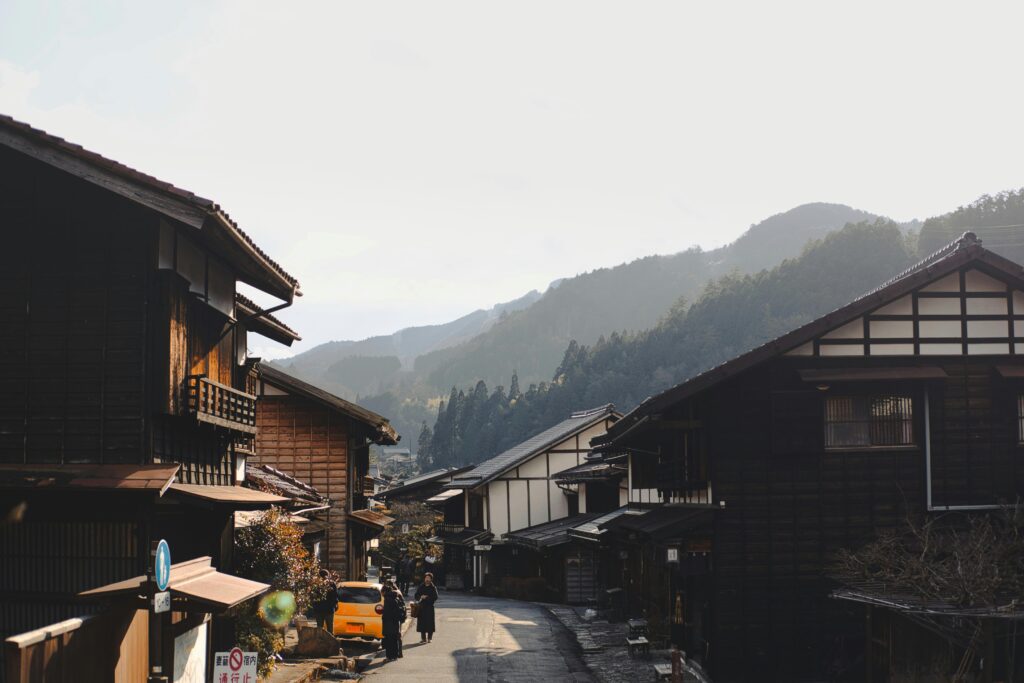
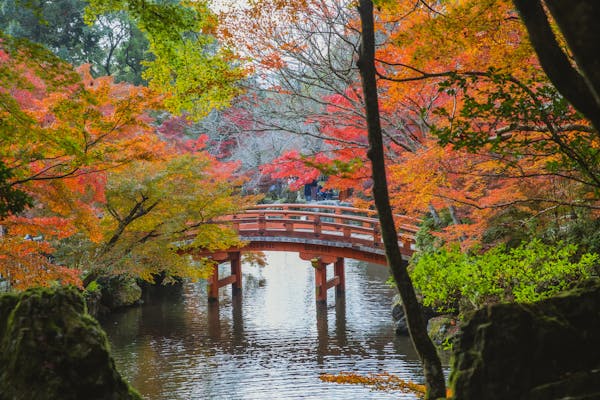
When Japanese people hear the word “Furusato”, it evokes a deep emotional connection to their hometown—not just the place itself, but the memories, feelings, and traditions tied to it
It is the word Japanese recall their home town
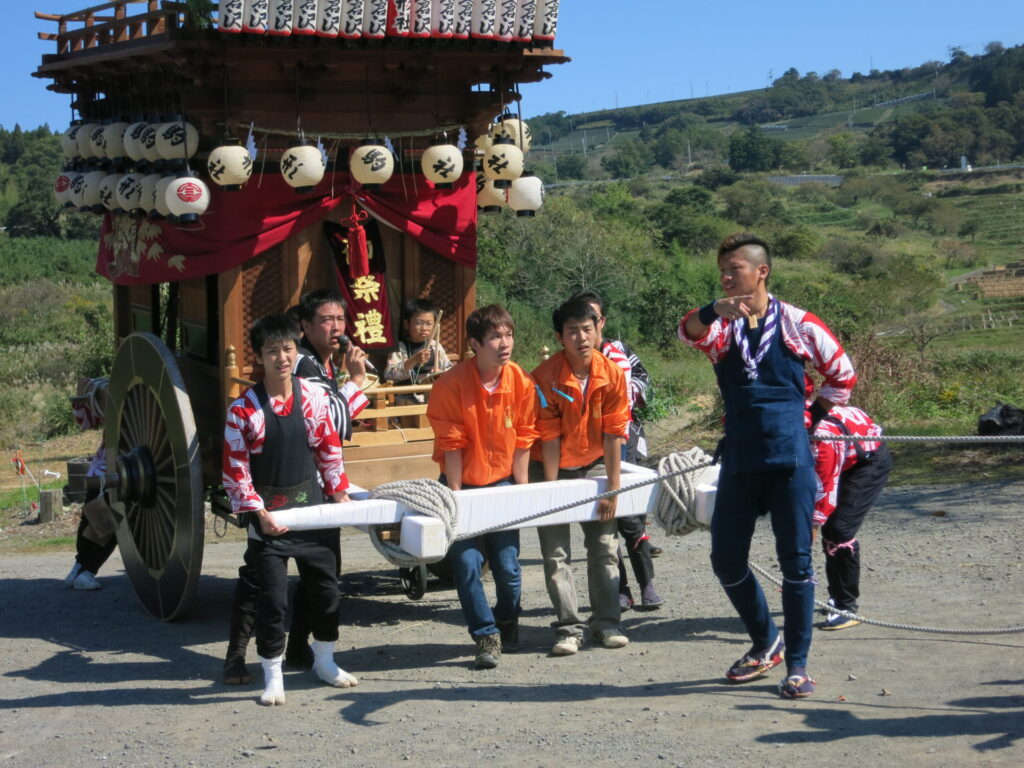

The four simple syllables “fu-ru-sa-to” contain uniquely Japanese feelings of nostalgia and belonging. Dictionaries may translate it as “hometown” or “one’s native place,” but for Japanese people, Furusato means much more. It carries cherished memories of childhood friends, the festivals they enjoyed, the natural landscapes they explored, and the schools where they studied.
To feel how “Furusato” lives in local festivals across Japan, you can visit the following celebrations in person.From Awa Odori in Tokushima to Nebuta Festival in Aomori, local festivals continue to celebrate the heritage of each hometown in Japan. Or choose your own place and create your own connection to “Furusato.”
The Song “Furusato”
One of the most famous representations of this feeling is the old Japanese song titled “Furusato”, written by Tatsuyuki Takano and composed by Teiichi Okano in 1914.
うさぎ追いしかの山 – The mountain where I chased rabbits
小鮒つりしかの川 – The river where I caught small carp
夢は今もめぐりて – I still dream of those days
忘れがたきふるさと – I can never forget my Furusato
This song, written by a man living far from his hometown, resonates deeply with the Japanese soul. It is often sung at school ceremonies and during times of disaster and remembrance.
Furusato in Times of Disaster
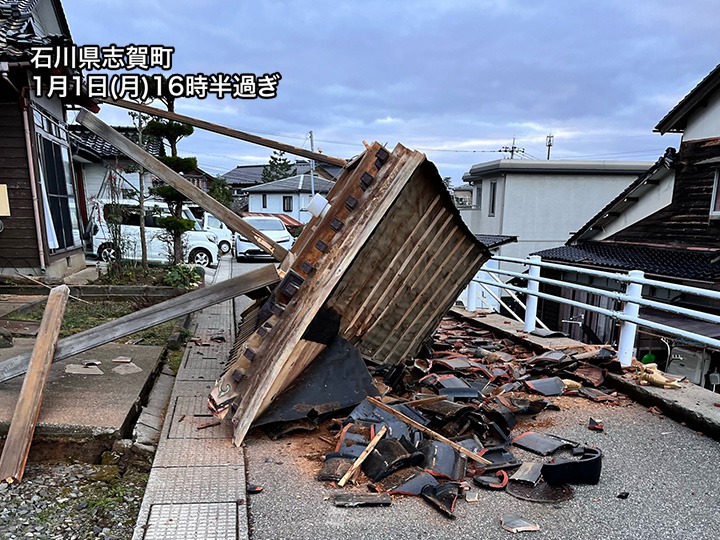
Japan has experienced many natural disasters. On March 11, 2011, the Great East Japan Earthquake and tsunami devastated many coastal towns. Countless people were forced to evacuate and leave their Furusato behind. Some from Fukushima still cannot return due to the nuclear accident.
More recently, on January 1, 2024, the Noto Peninsula was struck by another major earthquake. Even now, many people remain displaced. I saw on the TV news that evacuees sang “Furusato,” expressing their longing to return home. For them, no matter how comfortable their current life may seem, their hearts remain in their Furusato.
Traveling with care can help preserve the spirit of “Furusato” in communities recovering from disasters. Visiting these regions helps protect the hometowns that hold irreplaceable memories for many people.
Bon Holidays and Returning Home
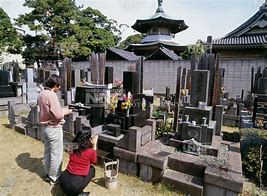
Every August, during the Bon holidays, many Japanese return to their hometowns. Though not an official national holiday, it is widely observed. Businesses close so that people can reunite with their families, visit ancestral graves, and participate in local festivals.
Bon is based on Buddhist traditions. People visit their ancestors’ graves to show gratitude and remembrance. Parents often bring their children along, teaching them the stories of their family and the land their roots come from.
Thus, Bon is not just a time of rest, but a cultural and spiritual return to Furusato—to the people, places, and memories that shaped them.
(*Details about the Bon holiday will be discussed in the next article.)
My Own Furusato

I was born and raised in Asakusa, Tokyo. It is where I spent my entire youth, from infancy through university, and began my working life. For me, Tokyo is my Furusato—where my parents lived and where my ancestors are buried.
After ten years of working in Tokyo, I was transferred to my company’s office in Hong Kong. It was my first time living away from Tokyo. I spent seven and a half years there, and then moved to Osaka for thirteen more years. Altogether, I was away from my hometown for about twenty years.
Another verse from the song says:
いかにいます父母 – How are my parents now?
つつがなきや友がき – Are my childhood friends doing well?
雨に風につけても – On rainy or windy days
思い出ずるふるさと – I think of my Furusato

One day, during a business trip, I flew from Osaka to Tokyo and traveled between Haneda and Narita airports by bus. As I looked out at the Tokyo Tower, the highways, and the Rainbow Bridge, a wave of emotions came over me. I felt the pull of my Furusato—my memories, my mother’s face, and the friends I once knew. Even while busy with overseas work, I never stopped thinking about home. The memories are always there—silent but vivid.
The final verse says:
志をはたして – Once I fulfill my dreams
いつの日にか帰らん – Someday I will return
山は青きふるさと – To my Furusato with green mountains
水は清きふるさと – To my Furusato with clear rivers
While the landscape in this song may not match Tokyo, the sentiment is exactly what I feel. Furusato is not just a place—it is a feeling of belonging, of roots, of identity.
Everyone Has a Furusato
No matter where you are from, everyone has a Furusato. The scenes may differ—whether it’s a rural village or a bustling city—but the feeling is universal.
In these difficult times when many are still unable to return to their homes, I sincerely hope that one day they can. May peace return to their Furusato.
Share Your Thoughts
Have you experienced something similar in your own culture?
Your reflections are welcome.
💬 Jump to the comment section


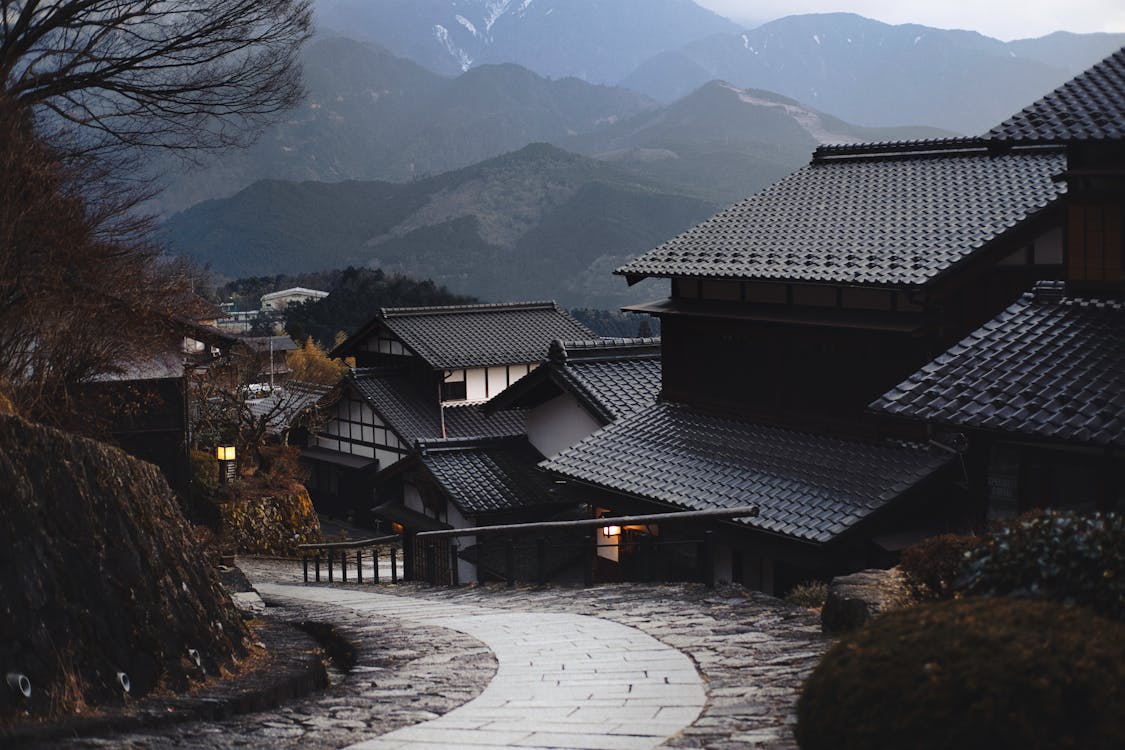


Share Your Experience of Japan